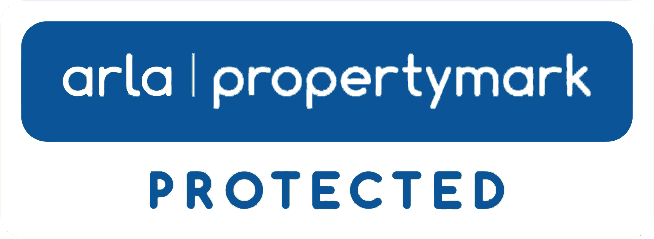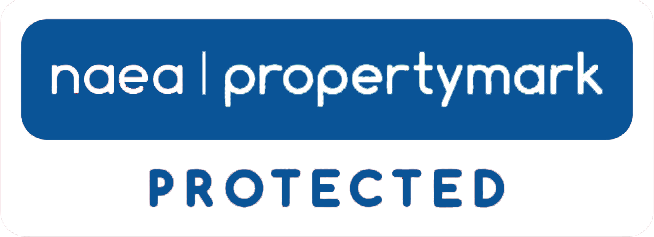
Awaab’s Law is a landmark piece of legislation aimed at holding landlords accountable for addressing damp and mould issues promptly. Initially targeting the social housing sector, this important law is set to expand to private rental properties in the near future. Here's everything renters and landlords need to know.
The Tragedy Behind Awaab’s Law
Awaab’s Law, formally Section 42 of the Social Housing (Regulation) Act 2023, is named after Awaab Ishak, a young child who tragically died in 2020 due to prolonged exposure to black mould in his social housing flat in London.
Despite his family repeatedly raising concerns about the dangerous mould, their complaints were not acted upon in time. This devastating event has driven policymakers to ensure landlords respond swiftly to tenant complaints, aiming to prevent such tragedies in the future.
What Awaab’s Law Covers
Awaab’s Law identifies no fewer than 29 potential health hazards that can pose serious risks in homes. While damp and mould are central concerns, the legislation also addresses:
- Excessive cold or heat
- Carbon monoxide and harmful fuel combustion products
- Infestations
- Sanitation and structural disrepair issues
- Lead exposure (e.g., from old paint or water pipes, particularly in homes built before the 1970s)
- Radiation risks (e.g., radon gas buildup in poorly ventilated spaces)
With around 4% of socially rented homes and 9% of privately rented properties in England affected by damp, the legislation has the potential to make a significant difference in living conditions.
Renters’ Rights Before Awaab’s Law Comes into Effect
Even before the new measures are fully implemented, both social and private landlords have a responsibility to address damp and mould issues. Here’s what renters should know:
- Ventilation: Landlords should ensure extractor fans in bathrooms and kitchens or vents in windows are functioning effectively to reduce excessive moisture.
- Warmth Standards: Your landlord must legally maintain your home at a “habitable” warmth standard, keeping it safe and livable.
- Energy Performance: A valid Energy Performance Certificate (EPC) rated between A and E must be provided at the start of your tenancy. This ensures the property meets basic energy efficiency standards.
It’s crucial to report issues like poor ventilation, inadequate insulation, or visible dampness to your landlord immediately. Social landlords are legally obligated to act quickly, and many private landlords will take steps to resolve problems to keep their properties in good condition.
If a private landlord fails to act, you can contact your local council’s environmental health team. They can inspect the property, and if they find unsafe conditions, they’ll issue an improvement notice to the landlord. Ignoring such notices can result in significant fines.
Tenant Rights Under Awaab’s Law
Social housing tenants will have specific rights once Awaab’s Law is fully in force, including:
- Prompt investigations: Landlords must assess hazards within 14 days of a tenant complaint.
-
Repair timelines:
- Serious hazards: Repairs must start within 7 days.
- Emergency hazards: Repairs should be completed within 24 hours.
- Other repairs: To be completed within a “reasonable time.”
- Alternative housing: Tenants must be rehoused if repairs render the property temporarily uninhabitable.
Although the law is new, housing providers are already encouraging tenants to report damp and mould issues through online platforms, by phone, or in person at local offices.
When Will Awaab’s Law Apply to Private Rentals?
The expansion of Awaab’s Law to private rentals is part of the proposed Renters’ Rights Bill, which prioritizes stronger tenant protections and aims to establish clear standards for rental properties.
This change will likely be enforced alongside the Decent Homes Standard, extending its expectations for property quality and repair responsiveness to the private rental sector. These updates could take effect by 2025, but full implementation may take time.
Why Awaab’s Law Matters
Awaab’s Law is a significant step toward improving housing conditions across the UK. By holding landlords accountable for prompt repairs and addressing health hazards, the legislation ensures safer, healthier living environments for renters.
At JW Wood, we’re committed to helping tenants and landlords navigate these changes. If you have concerns about your property, don’t hesitate to seek advice or reach out to the relevant authorities. Together, we can create homes that are safe, comfortable, and welcoming for everyone.
Sourced from Move IQ








